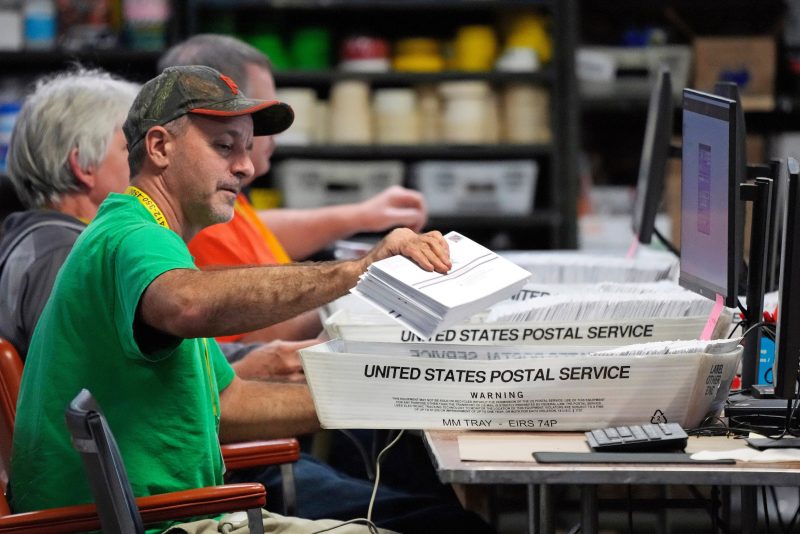
Republicans Under Fire: Controversial Lawsuits Target Overseas and Military Votes!
As the 2020 United States Presidential Election drew near, the Republican party faced significant backlash for launching a series of lawsuits aimed at curbing overseas and military voting. These efforts, seen by critics as attempts to suppress votes, sparked a national conversation about the rights of American citizens residing abroad and deployed military personnel to vote.
At the heart of the lawsuits was the method of mail-in voting, which had seen an unprecedented surge due to the COVID-19 pandemic. Republicans, led by then-President Donald Trump, claimed that mail-in voting was ripe for fraud, allegations contradicted by multiple studies showing it is a secure and reliable voting method.
Several lawsuits filed by Republicans sought to halt the counting of absentee ballots received after Election Day, even if they were postmarked by Election Day. One such case tried to prevent Pennsylvania from counting mail-in ballots that arrived up to three days after Election Day, a decision that could have disenfranchised overseas and military voters who rely on snail mail to cast their votes.
Yet, it is essential to underscore that military and overseas voting has been a longstanding feature of American democracy. The Uniformed and Overseas Citizens Absentee Voting Act (UOCAVA), enacted in 1986, ensures that service members stationed overseas, their families, and U.S. citizens living abroad have an opportunity to participate in federal elections, regardless of where they are residing. These are voters who are serving their country or representing it abroad, and their right to vote should be protectively guarded.
The Republicans’ decision to target these votes caused sizable backlash on several fronts. Foremost, rights groups claimed that these lawsuits contradicted the Republicans’ traditional stance of supporting military personnel. It was ironic that a party often seen as pro-military was now seen as putting military suffrage at risk.
Moreover, several veterans’ groups vocally opposed these lawsuits, noting that military personnel who risk their lives for the country should not have to worry about their votes being discarded. At the same time, some Republicans, including members of the military, argued that ensuring secure and legitimate elections was paramount, even if that meant a stricter scrutiny of mail-in ballots.
The international community also raised concerns, as many of the estimated 3 million American citizens living abroad could also be affected by the lawsuits. The American expatriate community, from teaching professionals to corporate executives, retains their right to vote. Americans residing abroad were poised to play a potentially significant role in the 2020 presidential election, particularly in
